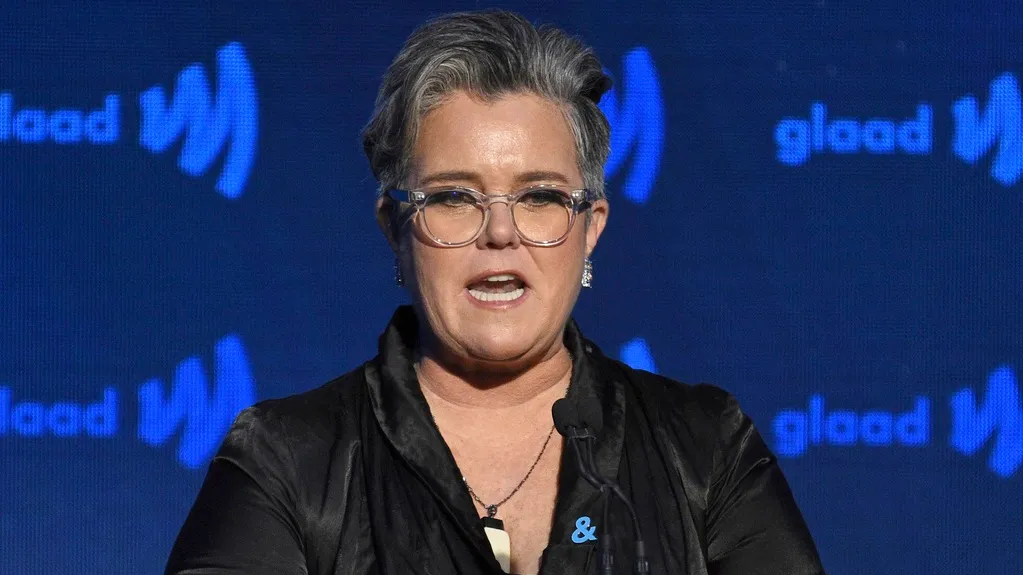September 11, 2014
Personal Connections Increase Breast Cancer Screening Rates
EDGE READ TIME: 3 MIN.
A recent article by Leah Lawrence from the ASCO Breast Cancer Symposium found that a signed letter from a physician can go a long way toward bringing in patients for regular breast cancer screenings.
Patients who were overdue for a screening mammography were significantly more likely to return for an appointment when they received a reminder postcard plus a physician signed letter, according to the results of a randomized study conducted in Canada.
According to data presented by Elisa Chan, MD, who worked for the BC Cancer Agency during the study but is now at Saint John Regional Hospital, New Brunswick, Canada, the signed family physician letter increased the chances of a woman returning to screening mammography by 70 percent. Chan presented data from the study (Abstract 1) at a press conference held in advance of the 2014 American Society of Clinical Oncology (ASCO) Breast Cancer Symposium.
Commenting on the results of this study, Harold J. Burstein, MD, PhD, FASCO, associate professor of medicine at Harvard Medical School, said that they were an "extraordinary tribute to the power of what that personal connection can mean to a woman who is thinking about the healthcare choices they have."
"This study was a simple study where they had a primary care physician sign a letter, as opposed to just sending a postcard, and that simple human touch increased the chance of a woman who had already not been going to her mammograms... returning for a mammogram, by more than half," he said.
In British Columbia screening mammography is currently recommended every 2 years in asymptomatic women aged 50 to 74 years with an average risk of developing breast cancer. British Columbia's Screening Mammography Program sends women due for a mammogram a series of reminder postcards. Women receive a postcard 5 weeks before and 5 weeks after their 2-year anniversary.
In addition, women who do not schedule a 2-year appointment receive a postcard reminder at the 3-year anniversary. Despite these reminders only about 54% of women aged 50 to 69 years achieves an on-time mammogram.
In this study, Chan and colleagues identified 5,385 women aged 52 to 74 in the program who had prior normal screening mammography, were overdue for screening, and had agreed to be contacted for research. They then invited all family physicians in British Columbia to participate in the program; 822 participated.
Consenting physicians signed study letters that encouraged mammography for all overdue women in their practice. The identified women were randomly assigned to receive just the postcard reminder or a postcard plus a signed family physician reminder.
Six months later, a database query showed that 600 women (22 percent) who received the postcard alone had returned for screening mammography compared with 894 (33 percent) of the women who received a postcard and a signed letter (odds ratio = 1.7; P
The researchers also conducted a multivariable analysis and found no difference in results regardless of age group (51-60; 61-70; and 70 or older), number of previous mammograms, or length of time overdue (31-36 months, 37-42 months, or 43-49 months).
"A signed family physician letter to overdue women is a simple and effective intervention to improve screening mammography rates compared to the standard reminder postcard," Chan said.


